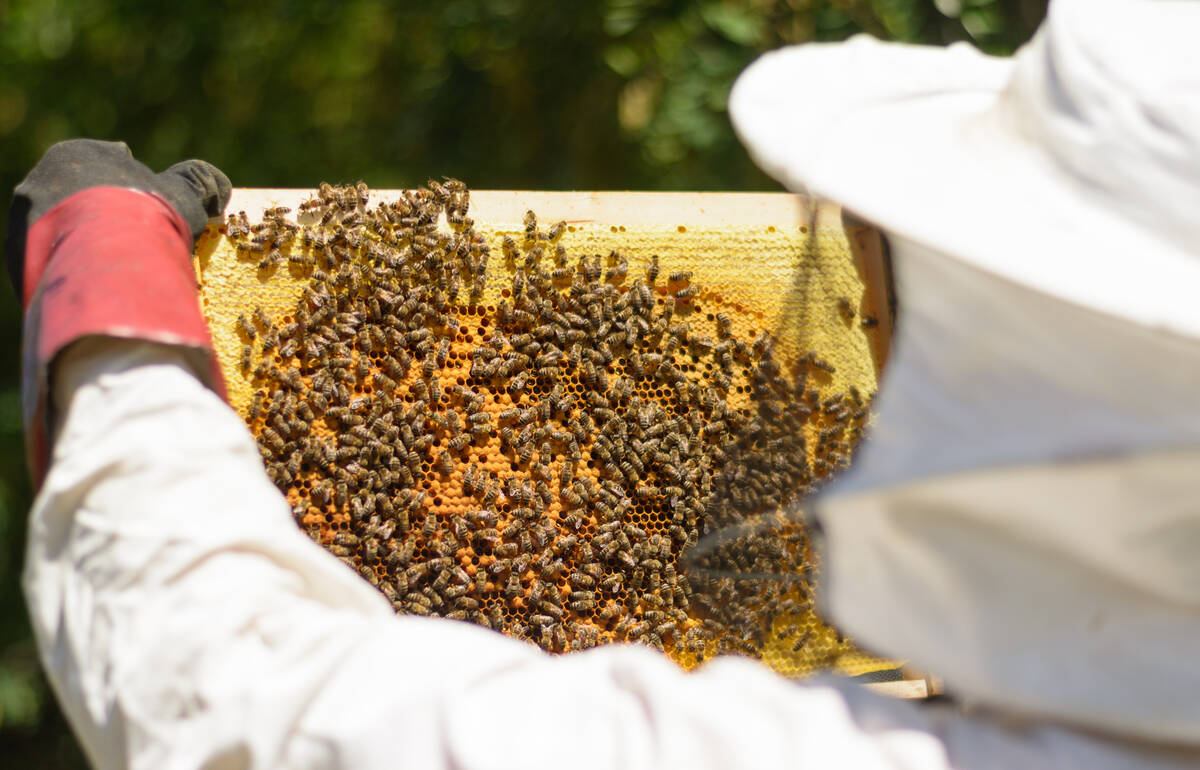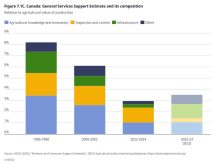Contrary to recent headlines — and a talk by actor Arnold Schwarzenegger at the United Nations Paris Climate Change Conference — eating a vegetarian diet could contribute to climate change.
In fact, according to new research from Carnegie Mellon University, following the USDA recommendations to consume more fruits, vegetables, dairy and seafood is more harmful to the environment because those foods have relatively high resource uses and greenhouse gas (GHG) emissions per calorie. Published in Environment Systems and Decisions, the study measured the changes in energy use, blue water footprint and GHG emissions associated with U.S. food consumption patterns.
Read Also

Malta bee exporter blasts criticism from Canadian beekeepers
A honeybee exporting firm on the Mediterranean island of Malta says they’re collateral damage to a dust-up in the Canadian honey sector over imports of replacement bees.
“Eating lettuce is over three times worse in greenhouse gas emissions than eating bacon,” said Paul Fischbeck, professor of social and decisions sciences and engineering and public policy. “Lots of common vegetables require more resources per calorie than you would think. Eggplant, celery and cucumbers look particularly bad when compared to pork or chicken.”
Researchers studied the food supply chain to determine how the obesity epidemic in the U.S. is affecting the environment. Specifically, they examined how growing, processing and transporting food, food sales and service, and household storage and use take a toll on resources in the form of energy use, water use and GHG emissions.
On one hand, the results showed that getting our weight under control and eating fewer calories, have a positive effect on the environment and reduce energy use, water use and GHG emissions from the food supply chain by approximately nine per cent.
However, eating the recommended “healthier” foods — a mix of fruits, vegetables, dairy and seafood — increased the environmental impact in all three categories: energy use went up by 38 per cent, water use by 10 per cent and GHG emissions by six per cent.
“There’s a complex relationship between diet and the environment,” Michelle Tom, a PhD student in civil and environmental engineering said. “What is good for us health-wise isn’t always what’s best for the environment. That’s important for public officials to know and for them to be cognizant of these trade-offs as they develop or continue to develop dietary guidelines in the future.”
CMU’s Steinbrenner Institute for Environmental Education and Research and the Colcom Foundation funded this research.















